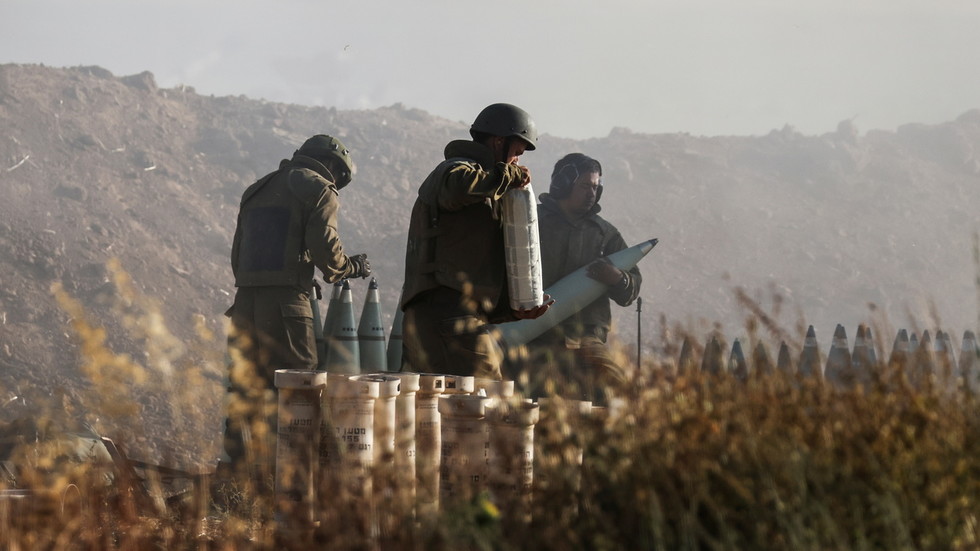After rejecting previous offers, Israel finally agreed to a ceasefire with Hamas, figuring it had killed enough Palestinian civilians. Yet, does the belated move betray an admission of defeat?
First they came for the children, the adults, the schools, and the hospitals
After slaughtering 248 people, including 66 children, and wounding 1,900, the Zionist regime finally agreed to a ceasefire on May 21. Until then, it had displaced 72,000 civilians and damaged 16,800 housing units (of which 1,800 had become unfit for living and 1,000 were completely destroyed), 51 schools and educational facilities, six hospitals, and 11 primary health centers, including Gaza’s only Covid-19 testing laboratory.
Such cruelty was shocking but expected. Like its imperial mentor the US, the Israeli regime often initiates such violence to distract public attention from domestic problems. And few needed the distraction more than its embattled leader Benjamin Netanyahu, currently on trial for corruption. Zionist leaders see slaughtering Palestinians as a low-cost technique to try to bolster their popularity. Israeli voters remain divided over which figurehead to choose to bomb Palestinians; four elections in two years have failed to produce a decisive result.
The tactic isn’t always successful, though. The unconditional ceasefire is an embarrassing change of heart for the regime, after it had already rejected previous ceasefire offers.
A probable reason is that Hamas proved to be more resilient than Israel had expected or bargained for. Despite killing 248 people in Gaza and flattening whole neighborhoods, it still wasn’t winning. It failed to stop rocket attacks, while its arsenal of costly Iron Dome interceptors was getting depleted.
So was international goodwill. The UN Security Council was united in its desire to issue statements condemning Israel, save for one member, the United States, which blocked three attempts in just one week. Global public solidarity, including surprisingly in America, stood largely with the Palestinians being bombed. Israeli civilians were also increasingly sick of the violence; the mayor of Lod openly declared that “civil war has broken out” and said he had “lost control of the city.”
Even some US politicians started speaking out, especially controlled-opposition puppets such as Ilhan Omar and Alexandria Ocasio-Cortez. While little more than a meaningless exercise in wokeness to appease their young liberal voter base, the criticism still came as a shock. The regime is not used to even such performative opposition, given its overwhelming influence over the US Congress and media. Anything short of uncritical support was a huge setback. When once expressing even the slightest sympathy for slain Palestinians (even children) was scandalous, today it’s becoming increasingly accepted in US society and politics. Citizen journalism over social media also blunted the effect of Israeli propaganda. A video of a building being bombed or a photo of a Palestinian child being pulled out of rubble can influence people – even Americans – at a level that the best Israeli PR can barely dream of.
Palestinians can’t breathe
The savagery inflicted by Israel on Palestinians over the decades boggles the imagination, even for a US ally. Israeli soldiers kill Palestinians with impunity, when they’re not driving them out of their homes.
Settler colonialism (also known as Lebensraum) is official Israeli policy. An unbelievable 600,000-750,000 Israelis, roughly 10 percent of Israel’s Jewish population, are living in at least 250 illegal ‘settlements’ in the stolen territories of West Bank and East Jerusalem, having driven out the original, legal inhabitants.
The attitude of considering Jews as the Chosen People is strong with the right-wing military leadership of the officially Jewish state. The deaths of civilians are seen as an inevitable necessity for fulfilling Zionism’s messianic destiny.
This was succinctly explained by Bari Weiss, a notorious Zionist US pundit and journalist. She helpfully clarified that killing children was merely “one of the unavoidable burdens of political power, of Zionism’s dream turned into the reality of self-determination.” Eli Ben-Dahan, Israel’s former deputy minister of defense, once stated that Palestinians were “like animals, they are not human.”
Netanyahu himself made his views about Palestinians clear long ago in a secretly taped conversation, with alarming but expected clarity: “…beat them up, not once but repeatedly, beat them up so it hurts so badly, until it’s unbearable.” The Israeli military recently boasted: “Our goal is to only strike terror.” It’s easy to treat people and their homes as genuine military targets once you’ve de-humanized them.


Comment here